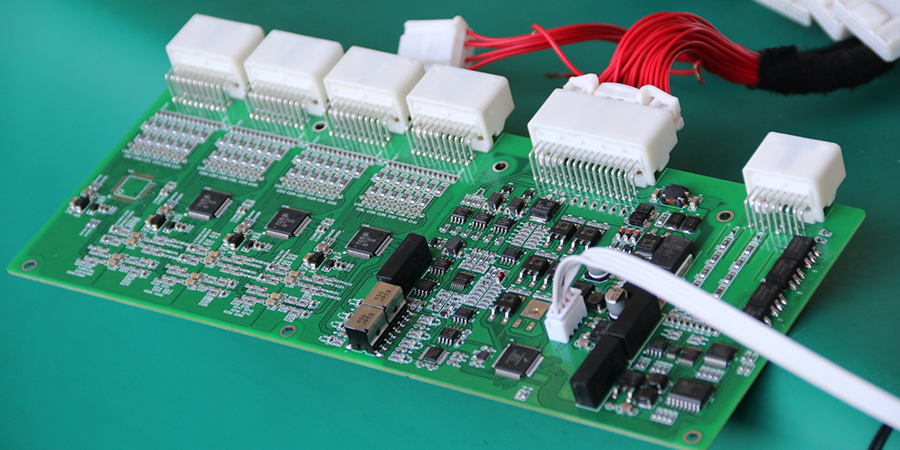 26 Aug 2022
26 Aug 2022
Why do you need a BMS lithium battery management system?
What is lithium battery BMS
The BMS battery management system is the link between the battery and the user. The main object is the secondary battery. Its function is to improve the utilization rate of the battery, prevent the battery from overcharging and overdischarging, increase the service life of the battery, and monitor the state of the battery. In layman’s terms, it is an operating system that manages, controls, and uses lithium battery packs.
BMS calls it the “brain” of the power battery operating system. BMS is like the brain of alithium battery. It sends and receives information from the battery and each external port. After in-depth analysis and processing of the information, it sends out execution orders. Considering its crucial influence on new energy vehicles, the BMS industry continues to attract a large number of lithium battery manufacturers.
1.Safe
Lithium-ion batteries have poor safety and have defects such as explosion. In particular, lithium-ion batteries using lithium cobalt oxide as the positive electrode material cannot be discharged under large currents and have poor safety. In addition, almost all lithium-ion batteries are overcharged or overdischarged, causing irreversible damage to the battery.
Lithium-ion batteries are also sensitive to temperature: if the operating temperature is too high, the electrolyte may decompose, burn or even explode; if the temperature is too low, the performance of the lithium-ion battery will deteriorate significantly, affecting the normal use of the device.
Due to the limitations of the Lifepo4 battery manufacturing process, the internal resistance and capacity of each battery will be different. When multiple lithium batteries are used in series, the charge and discharge rates of each battery are inconsistent, resulting in low battery capacity utilization. In view of this, a special protection system is required to monitor the health of the battery during the actual use of the lithium battery, so as to manage the use of the lithium ion battery.
2.maintainability
At low temperatures, capacity fading and power cannot be accurately predicted, which makes equipment less maintainable. Instruments that are online for a long time need to be replaced regularly, and remote monitoring equipment works in scattered locations, and the distance between each location is long, so replacing batteries is a lot of work and costly.
In order to reduce the maintenance workload and maintenance cost, the battery management system must have an accurate power state estimation function, accurately grasp the power state of the Lifepo4 battery, and carry out more targeted battery replacement work. At the same time, the Lifepo4 battery management system should have lower power consumption to reduce maintenance frequency and prolong battery life. Therefore, the rational design of the Lifepo4 lithium management system is of great significance for the maintenance of long-term continuous power supply remote monitoring instruments.
